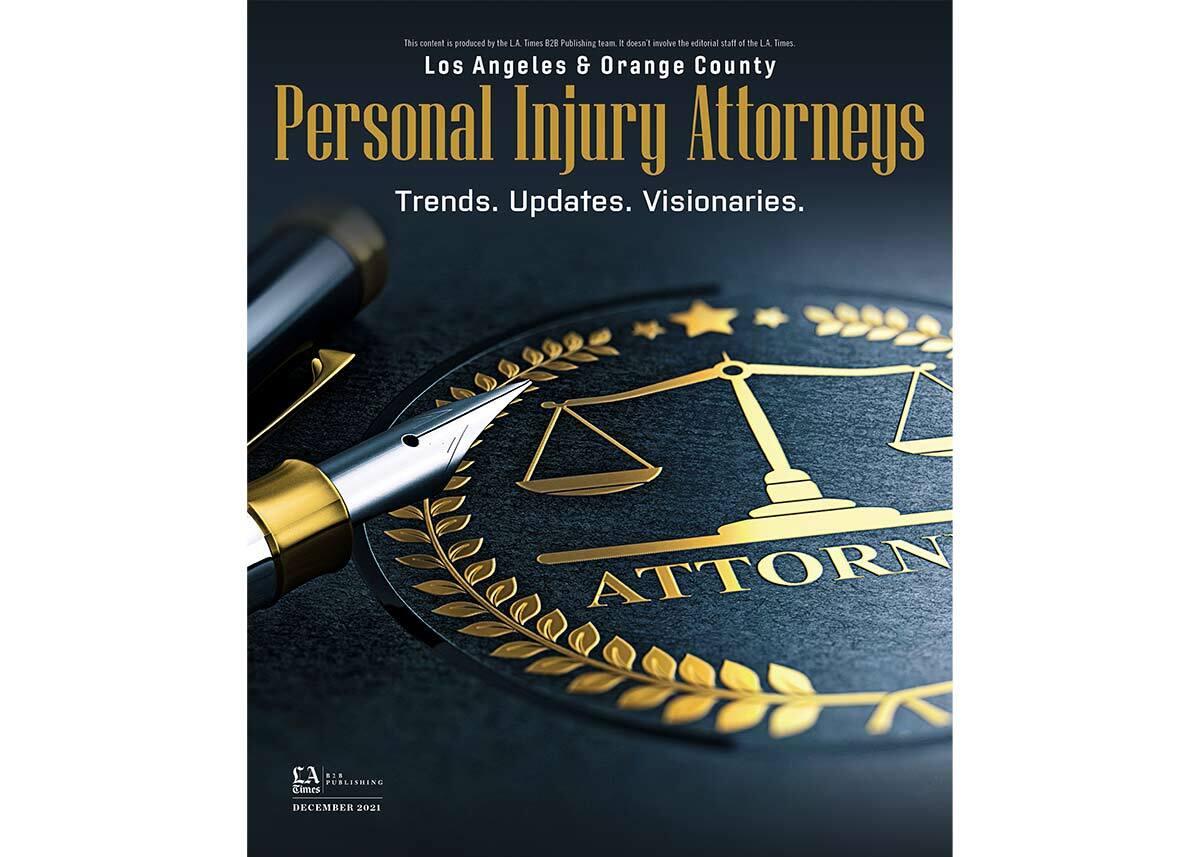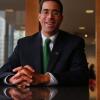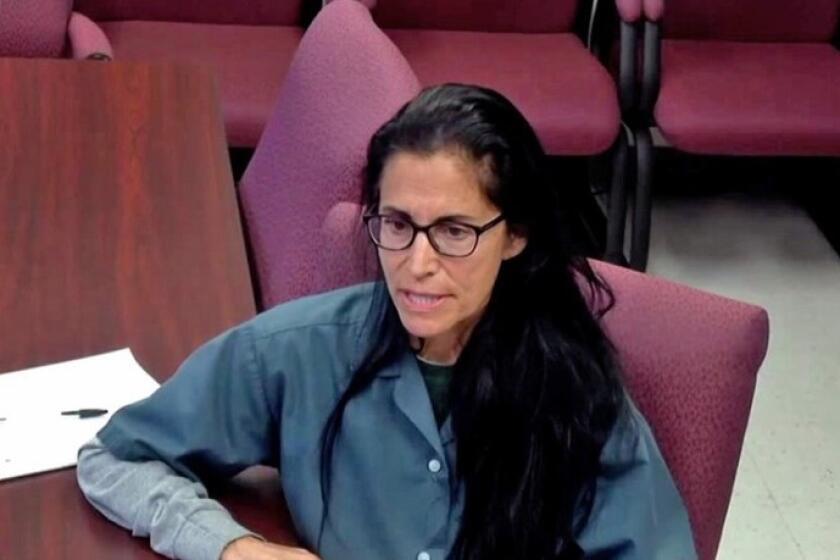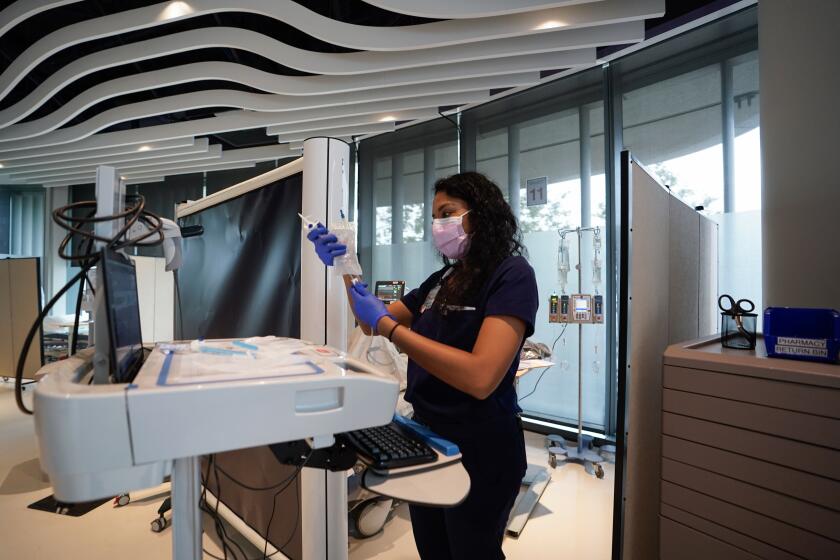Column: CAL/OSHA adopts updated COVID-19 workplace rules — for now

All California employees for now will have to continue wearing masks at work virtually all the time regardless of vaccination status, according to revised COVID-19 safety rules just adopted by the California Occupational Safety and Health Standards Board (OSHSB). According to the revised emergency temporary standards OSHSB adopted on June 3, a fully vaccinated employee need not wear a mask at work only when the employee is: (1) alone in a room; (2) in a room in which everyone is fully vaccinated and has no COVID-19 symptoms; or (3) working outdoors and has no COVID-19 symptoms. The new rules are expected to take effect on June 15, following review by the Office of Administrative Law.
Until July 31, employees working indoors will also have to be at least six feet apart, regardless of vaccination status, except for employees wearing respirators required by the employer; where the employer can demonstrate that six feet of separation is not feasible; and except for momentary exposure where persons are in movement. Instead of regulating physical distancing, an employer may provide all unvaccinated employees with respirators for voluntary use.
An employer may not consider an employee “fully vaccinated” unless the employer has received documentation from the employee that at least two weeks have passed since the employee received the last (or only, in the case of the Johnson & Johnson vaccine) required vaccine dose. And, as part of its training obligations, an employer must inform its employees “that vaccination is effective at preventing COVID-19...”
Four of the seven OSHSB directors initially voted to reject the proposed revised standards. The majority argued that requiring employers to provide N95 respirators to unvaccinated employees for voluntary use would stress supplies expected to be needed for the coming wildfire season. The majority also agreed with dozens of public commenters that the revisions were confusing about such things as the kind of documentation of vaccination an employer must obtain to confirm an employee is “fully vaccinated.” Another objection was that the revisions were out of step with the Centers for Disease Control and Prevention’s recently relaxed mask guidance.
After voting to name a three-member subcommittee of the board to work with Cal/OSHA staff on further revisions to the standards, the board unanimously voted to reconsider the earlier vote and adopt the revised rules for now. Staff was directed swiftly to draft a “robust” set of clarifying answers to frequently asked questions. The board is expected to consider yet another revision to the temporary standards within the next two months. The consensus was the revised rules as drafted, however, were a preferable alternative to leaving the emergency standards adopted last year in place any longer.
EEOC updated guidance
Meanwhile, the U.S. Equal Employment Opportunity Commission (EEOC) has issued updated guidance to employers confirming that “the EEO laws themselves do not prevent employers from requiring employees to bring in documentation or other confirmation of vaccination.” Such a requirement is neither a disability-related inquiry for purposes of the Americans with Disabilities Act nor an inquiry into the employee’s genetic information under the Genetic Information Nondiscrimination Act. The employer must keep such documentation confidential and away from the employee’s personnel file.
Employer duty to accommodate employees
Employers that mandate employee vaccination must provide reasonable accommodations to employees who do not get vaccinated due to a disability or a sincerely held religious belief, observation, or practice. The EEOC recommends that employers include in any announcement of a mandatory vaccination policy that the employer will consider requests for accommodation on a case-by-case basis.
The EEOC says an employer ordinarily should assume that an employee’s request for religious accommodation is legitimate. The employer may request more information from the employee if the “employer is aware of facts that provide an objective basis for questioning either the religious nature or the sincerity of a particular belief, practice, or observance.”
Employers may have to accommodate even fully vaccinated employees, such as immunocompromised employees whose conditions leave them less protected by the vaccine than others.
Potential accommodations for unvaccinated
The EEOC suggests employers and employees consult the websites of the Job Accommodation Network and the Occupational Safety and Health Administration for possible accommodations. The EEOC says unvaccinated employees may be required to “wear a face mask, work at a social distance from coworkers or non-employees, work a modified shift, get periodic tests for COVID-19, be given the opportunity to telework, or finally accept a reassignment.”
The California employer’s core duties in this waning crisis are to provide a safe and healthful workplace for its employees and to accommodate certain employees’ rights in a shifting legal landscape. Those duties will survive the pandemic.
Dan Eaton is a partner with the San Diego law firm of Seltzer Caplan McMahon Vitek where his practice focuses on defending and advising employers. He also is an instructor at the San Diego State University Fowler College of Business where he teaches classes in business ethics and employment law. He may be reached at eaton@scmv.com. His Twitter handle is @DanEatonlaw
Get U-T Business in your inbox on Mondays
Get ready for your week with the week’s top business stories from San Diego and California, in your inbox Monday mornings.
You may occasionally receive promotional content from the San Diego Union-Tribune.





